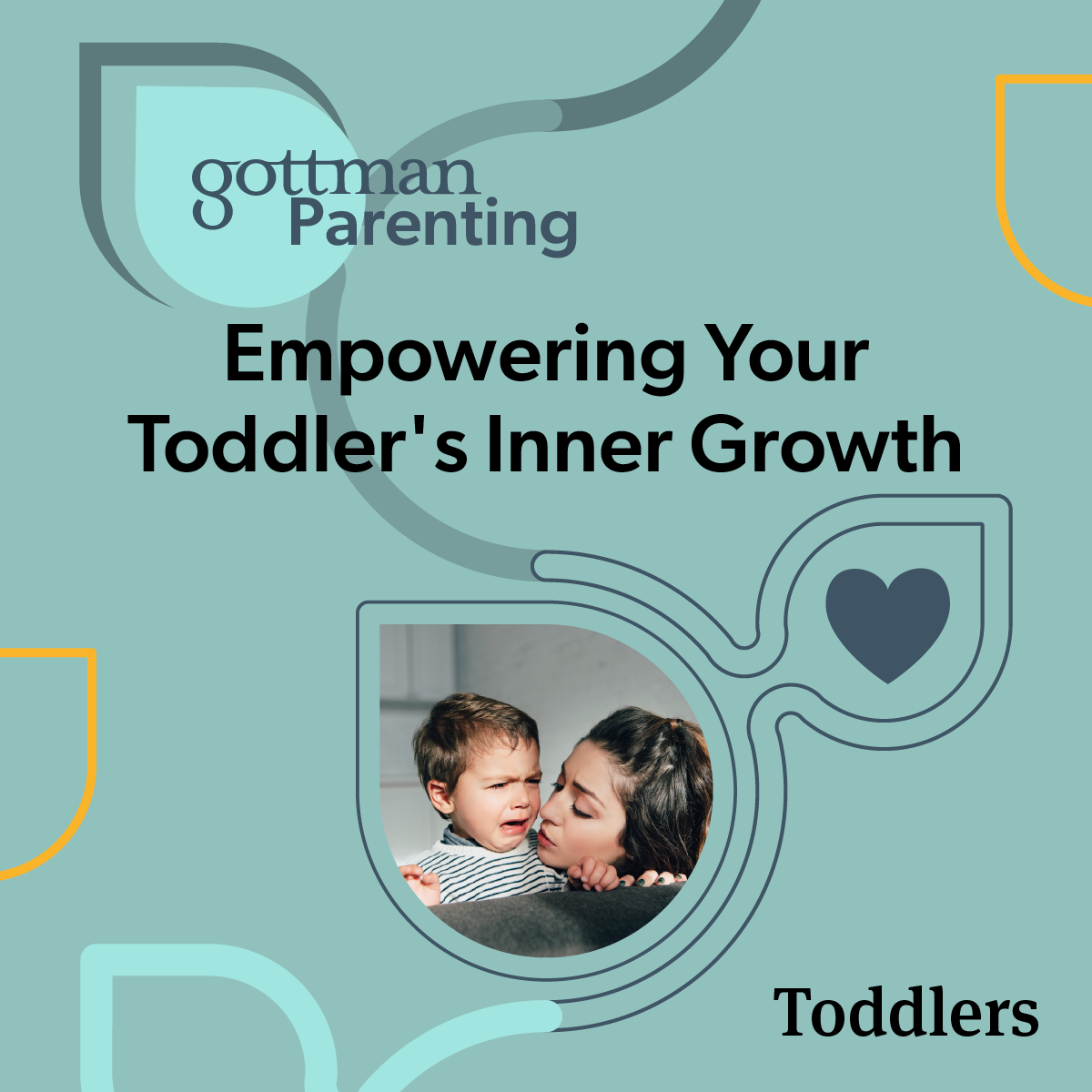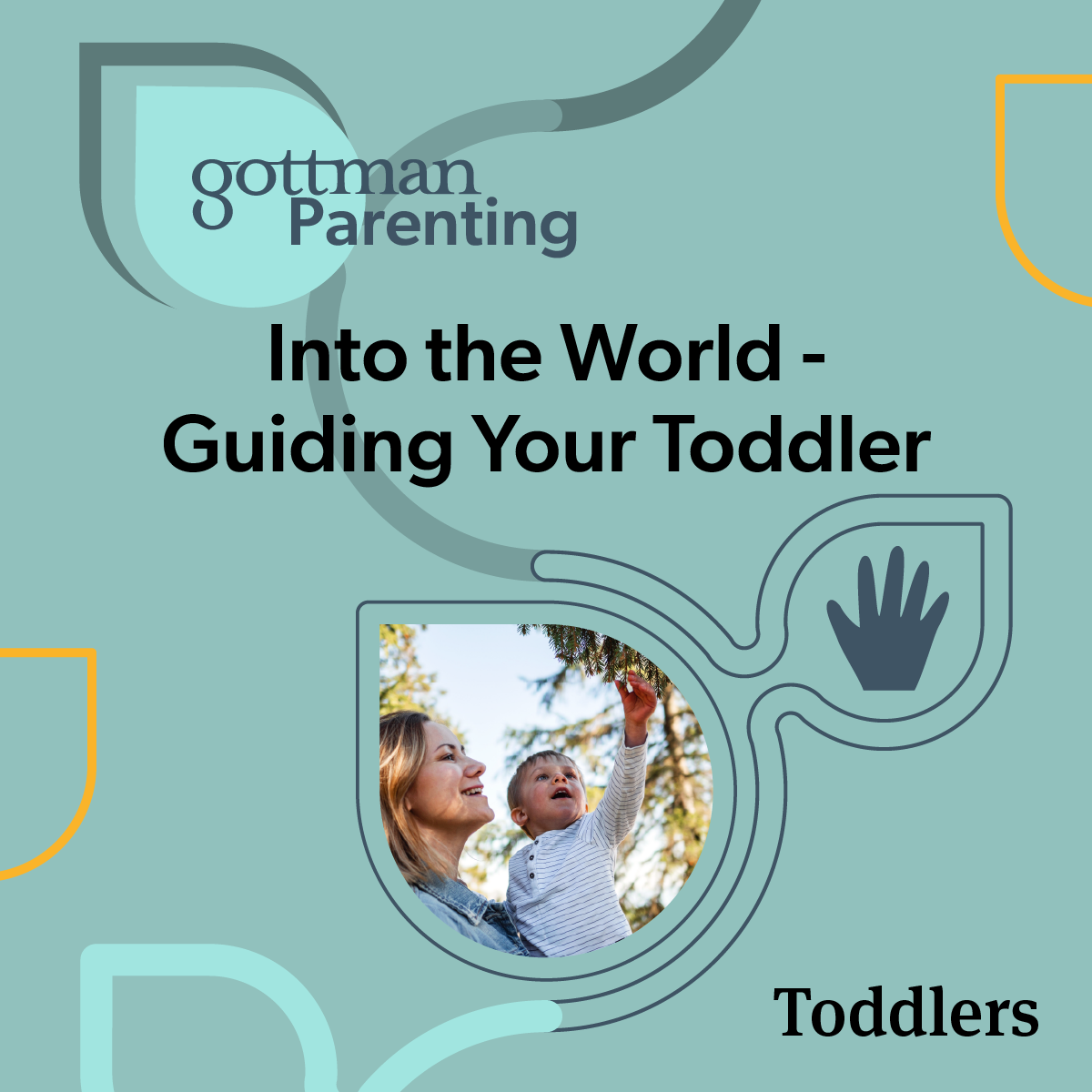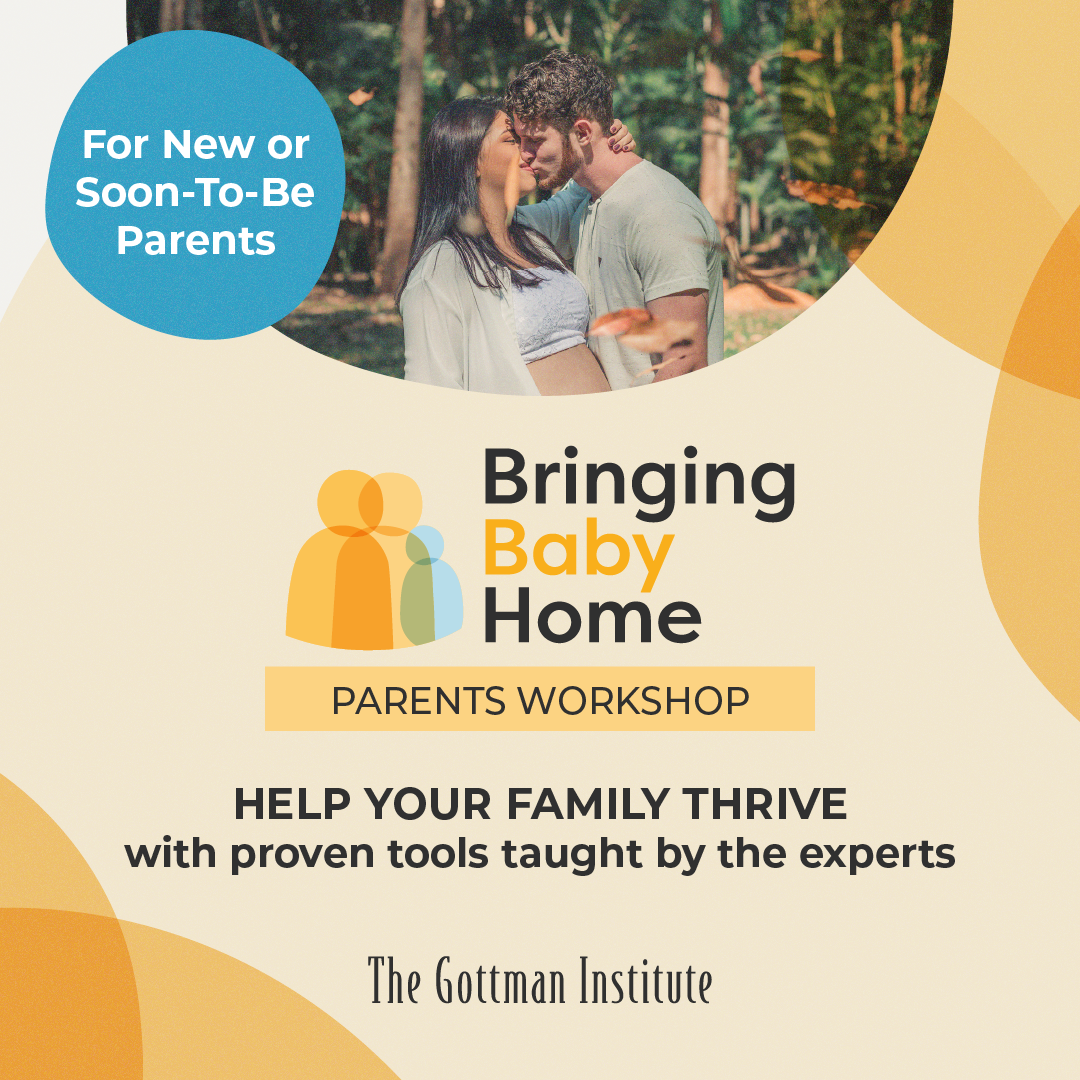“Teamwork makes the dreamwork” – John C. Maxwell
When I first had children, like so many mothers in this patriarchal society, I tried to do it all. I thought it was a sign of a “good mother” to be with my children all the time or at least as much as humanly possible. I rarely took time for myself and noticed growing resentment and increasing irritability. I was told having a millionaire family- one boy and one girl was the dream, but honestly at times it felt more like a nightmare. I was exhausted and wrestling with shame until my body forced me to stop and start sharing the load. Part of doing this is by making the invisible visible.
Maybe you can relate. Are you or your partner like so many of today’s moms burnt out or on the verge while carrying the weight of guilt for not being more present or patient?
It can get better but it requires challenging the status quo of intensive parenting and moms carrying the majority of the mental load. The good news is doing less is actually good for children while intensive or helicopter parenting is not just hurting moms, it’s hurting children too.
In my last blog post, I focused on the importance of sharing the load as a couple and gave some specific examples for taking initiative when it comes to the exhausting invisible load.
This article identifies some of the barriers to sharing the load with children, why starting as soon as possible matters and how you can begin encouraging a spirit of teamwork in your home.
WHAT GETS IN THE WAY?
In “Patriarchal Stress Disorder” Dr. Valeri Rein talks about how women have internalized the belief that we are worth less than men. This is evident in the gender pay gap and the devaluation of and lower wages for traditionally female roles including care work. This is even more apparent for women of color. For mothers to share the load, Eve Rodsky, author of “Fair Play” and creator of the accompanying card system, says we have to recognize and challenge the ways women and men have internalized society’s messages about women’s time. We have to stop seeing women’s time as infinite and worth less than others.
The need for control which may be triggered by underlying anxiety or trauma can be a barrier as well as perfectionism.
We also have to push past the misconception that good mothering means being selfless and putting everyone’s needs first.
No matter how hard we try we cannot pour from an empty cup and a lack of reciprocity can impact nervous system health, relationships and wellbeing.
THE BENEFITS OF CHILDREN SHARING THE LOAD:
1) Children need to know they matter. Sharing the load gives mothers the capacity and desire to turn towards bids for connection, communicate with encouragement and appreciation and develop rich love maps.
2) “The greatest burden a child must bear is the unlived life of its parents” – Carl Jung.
Contrary to patriarchal messages about selflessness, women are more than mothers. Rather than trying to live through or impose unfair pressure onto children, sharing the load protects mothers’ health and wellbeing and frees up time to pursue one’s own interests and dreams.
3) Inviting our children to work alongside us teaches them delayed gratification, to value our time and that work can be fun. For example, when my children want me to play with them but there’s laundry to be done or dinner to prepare or clean up, we work side by side joking, singing to music or sharing intimate conversations. The time goes by faster, usually leaving room for that desired game and a positive association with teamwork.
4) Research I heard from a talk Michael Unger did on resilience showed that children’s contributions to household tasks are linked to increased resilience, a greater sense of belonging and competence. The earlier the better as Child Mind outlines in this article which includes further research and guides for the different ages and stages.
5) Having open conversations about the invisible load and inviting children to take on more responsibility will help them in their future relationships. In the Bringing Baby Home program, the Gottmans share that the rate of postpartum mood disorders goes down and relationship satisfaction goes up, the more involved fathers are. Boys who have learned to respect mom’s time and experienced the benefits of sharing the load are more likely to be involved and take initiative benefiting everyone.
HOW TO INSPIRE AN ATTITUDE OF TEAMWORK:
1) Language Matters
Try avoiding words like chores or work that have a negative connotation. I also coach clients to avoid the word help if possible as it sends the message that the work is ultimately your responsibility and asking for help is often difficult for many women.
Instead, talk about how you are a team and there’s things that need to get done and ways that you can all contribute to the household running smoothly and getting all of your needs met.
Use encouraging words as they engage in the task and express appreciation when it’s completed in private and in front of others. Shower them with praise connected to values and effort rather than blanket phrases like “good girl or good boy.” Check out this blog from Big Life Journal for more tips on how to encourage family contributions.
2) Invite Responsibility and Make the Invisible Visible
Be explicit about invisible load tasks such as planning and preparation. We use a white board and encourage the children to write down important dates and things we need to buy. As they’ve gotten older, we’ve invited them to take on more initiative with planning their birthday parties. We’ve had them make lists before packing as well as an inventory of what they need for back to school shopping. Now they do all their own packing and help with shopping.
3) Use Embodied Anger or Resentment as a Signal of What Needs to Change
Our emotions give us important information about what we need and what needs to change when it comes to the invisible load. For example, I noticed growing resentment while I ran around busily packing the picnic and accessories for our trips to the beach while my children entertained themselves on their devices. They were oblivious to how much work went into this task that I had dutifully taken on as a “good mother.” But by sitting with these emotions rather than reacting, I was able to identify the unfairness about how we were each spending our time. Instead of letting the resentment build up and then blow up or refuse those beloved beach trips, I was able to use the Gottman’s “Softened Start-Up” approach to share how I was feeling and what I needed from them in the future. Now we each have tasks.
4) Set Your Children Up for Success and Be Mindful of Their Limitations
Children, especially younger children or those with neurodiversity can get easily overwhelmed or distracted. Make sure you and your partner are in a calm space and have the energy and time to break tasks down into manageable pieces. Be available to coach or work alongside them in the beginning. We found making a plan for fun breaks and then checking in regularly helped our son with ADHD go from either doing nothing or melting down to slowly making progress and gaining in confidence.
5) Reflect Regularly on What’s Working and Not Working
Family meetings or what the Gottmans refer to as State of the Union meetings are a great way to celebrate the tiny victories and big wins as you work to become more of a team. You can work through barriers with curiosity and identify new tasks children can take on as they age.
A Final Word
Don’t give up. It might feel exhausting at first getting your children more involved, especially if they’re older and have gotten used to having everything done for them. There may be tears with younger children as you’re figuring out what works and what doesn’t, like in our house. You may have moments when it feels like it would just be easier to do it yourself, like my husband has often noted. But, please try if you can to resist the urge to take over or take it all back. You may have to show them multiple times and coach them to redo something but I promise this short-term investment in your time will pay off in the long run and for generations to come.
Want research-backed tips on parenting delivered straight to your inbox?
The Gottman Parenting newsletter is a comprehensive, inclusive resource for parents of children in all ages and stages. Join us as we tackle modern parenting challenges, explore the latest parenting research, and more.









